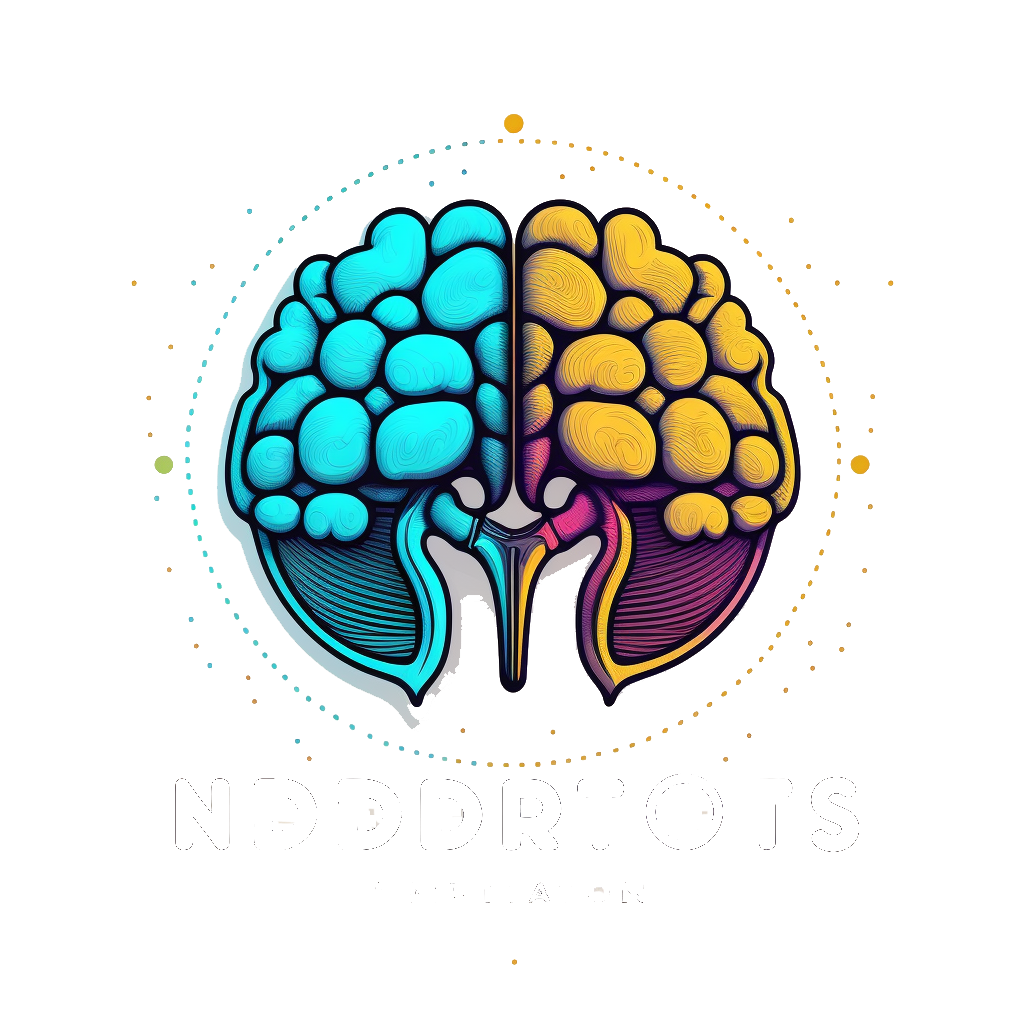Glutathione is a naturally occurring antioxidant that plays a crucial role in maintaining optimal health and well-being. While it is primarily known for its role in cellular defense against oxidative stress, glutathione has also gained attention in the field of nootropics for its potential cognitive-enhancing effects.
Tri-Peptide Amino Acid
Glutathione is a tripeptide composed of three amino acids: glutamine, glycine, and cysteine. It is found in virtually every cell in the body and serves as a potent antioxidant. Glutathione helps protect cells from damage caused by free radicals, toxins, and oxidative stress. Additionally, it participates in various cellular processes, including detoxification, immune function, and DNA synthesis.
Glutathione’s Nootropic Benefits
Neuroprotection
Glutathione plays a vital role in maintaining optimal brain function and protecting against neurodegenerative conditions. It helps combat oxidative stress, which is known to contribute to the development and progression of conditions such as Alzheimer’s disease, Parkinson’s disease, and other age-related cognitive decline. By reducing oxidative damage and promoting overall brain health, glutathione may support cognitive function and protect against neurodegeneration.
Memory Enhancement
Glutathione has been linked to memory enhancement and improved cognitive performance. Studies have shown that glutathione levels decline with age, and this decline is associated with decreased cognitive function. By maintaining adequate levels of glutathione, individuals may experience improvements in memory, attention, and overall cognitive abilities.
Mood Regulation
Glutathione also plays a role in regulating mood and mental well-being. It participates in the metabolism of neurotransmitters, such as serotonin, dopamine, and glutamate, which are crucial for maintaining a balanced mood. By supporting optimal neurotransmitter function and reducing oxidative stress, glutathione may contribute to improved mood, reduced anxiety, and enhanced mental resilience.
Recommended Dosage
Determining the optimal dosage of glutathione can be challenging, as it is not efficiently absorbed when taken orally. The most effective way to increase glutathione levels is through supplementation with its precursors, such as N-acetylcysteine (NAC) or alpha-lipoic acid (ALA). These compounds can enhance glutathione synthesis within the body.
The recommended dosage of NAC ranges from 600 mg to 1,800 mg per day, divided into two or three doses. It’s important to note that the dosage may vary depending on the specific brand or formulation of NAC. Alpha-lipoic acid is typically taken in dosages ranging from 300 mg to 1,200 mg per day, divided into two or three doses.
It’s crucial to consult with a healthcare professional before starting glutathione supplementation or using its precursors. They can provide guidance on dosage, potential interactions with medications or health conditions, and help determine the most appropriate approach for your individual needs.
Glutathione’s Long History
Glutathione was first identified in 1888 and has since been extensively studied for its role in cellular protection and health. Research on the cognitive effects of glutathione as a nootropic is still emerging, but there is growing evidence suggesting its potential benefits for brain health and cognitive function.
Studies have shown that individuals with higher levels of glutathione tend to have better cognitive performance and a reduced risk of neurodegenerative diseases. However, more research is needed to understand the specific mechanisms of glutathione’s cognitive effects and its potential as a therapeutic intervention for cognitive disorders.
Safety and Side Effects
Drug Interactions: Glutathione supplementation may interact with certain medications. For instance, glutathione has the potential to reduce the effectiveness of some chemotherapeutic drugs, as it can enhance the elimination of toxins from the body. Additionally, if you are taking medications that affect the liver, such as acetaminophen, it is advisable to consult with a healthcare professional before starting glutathione supplementation.
